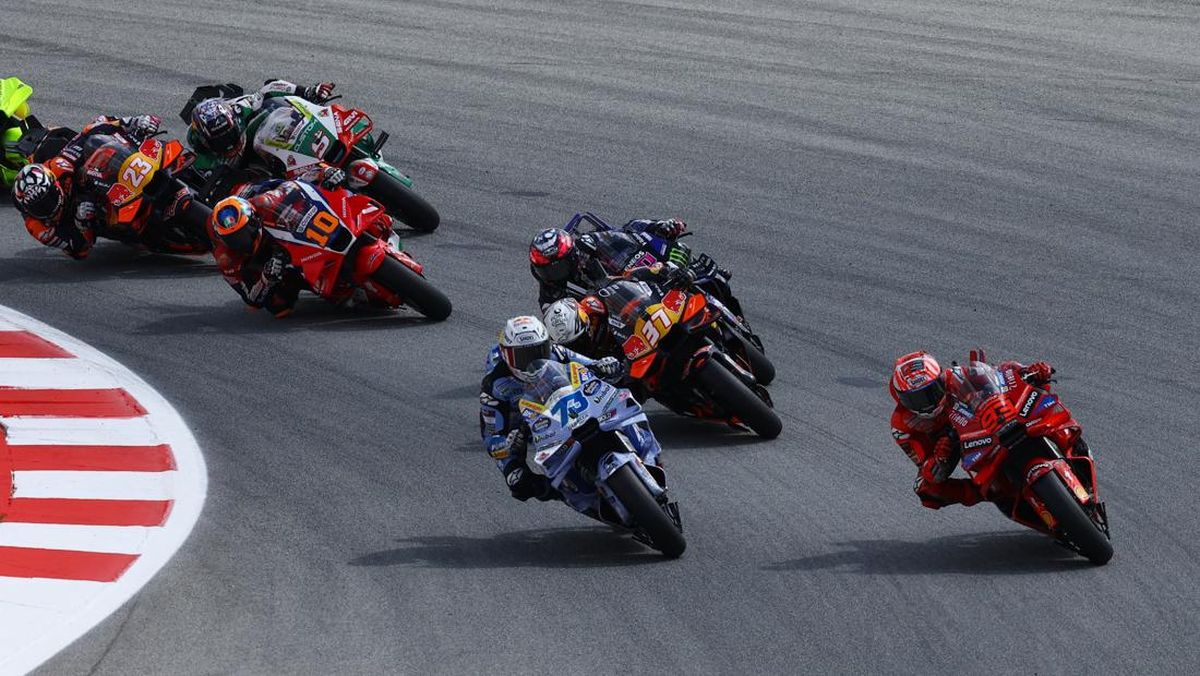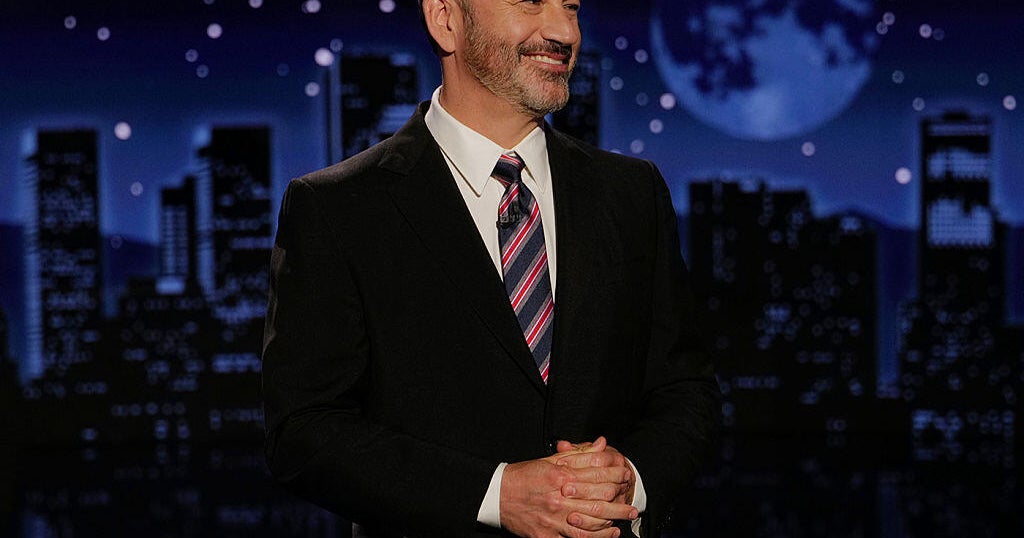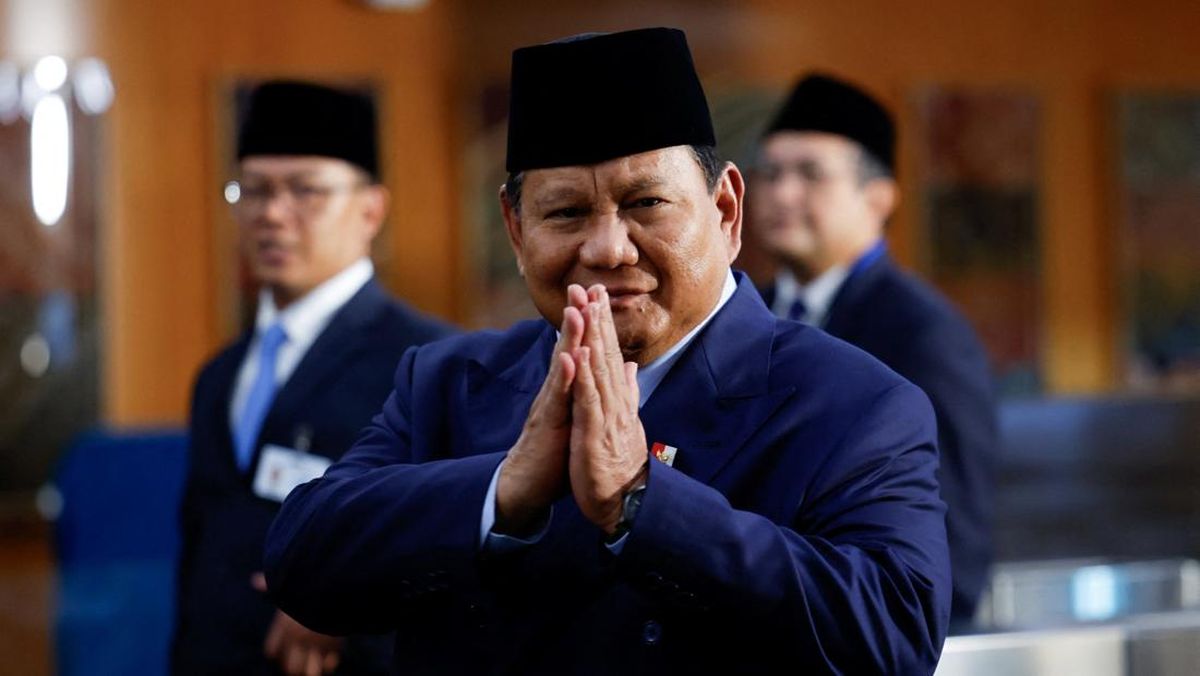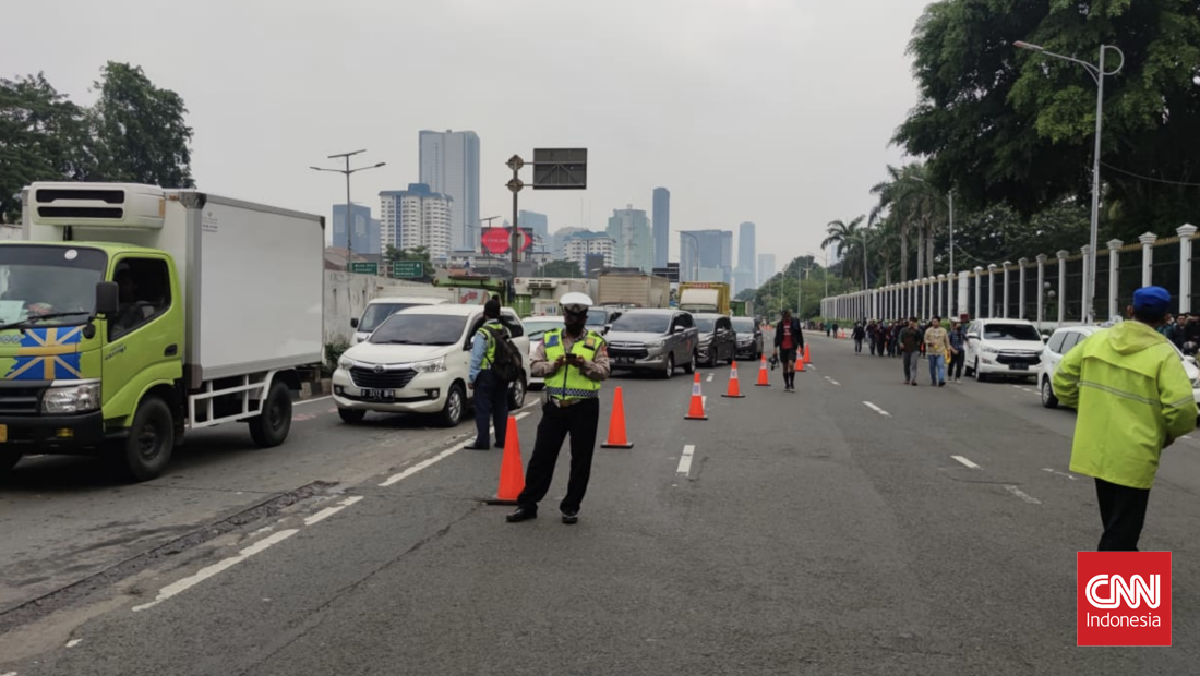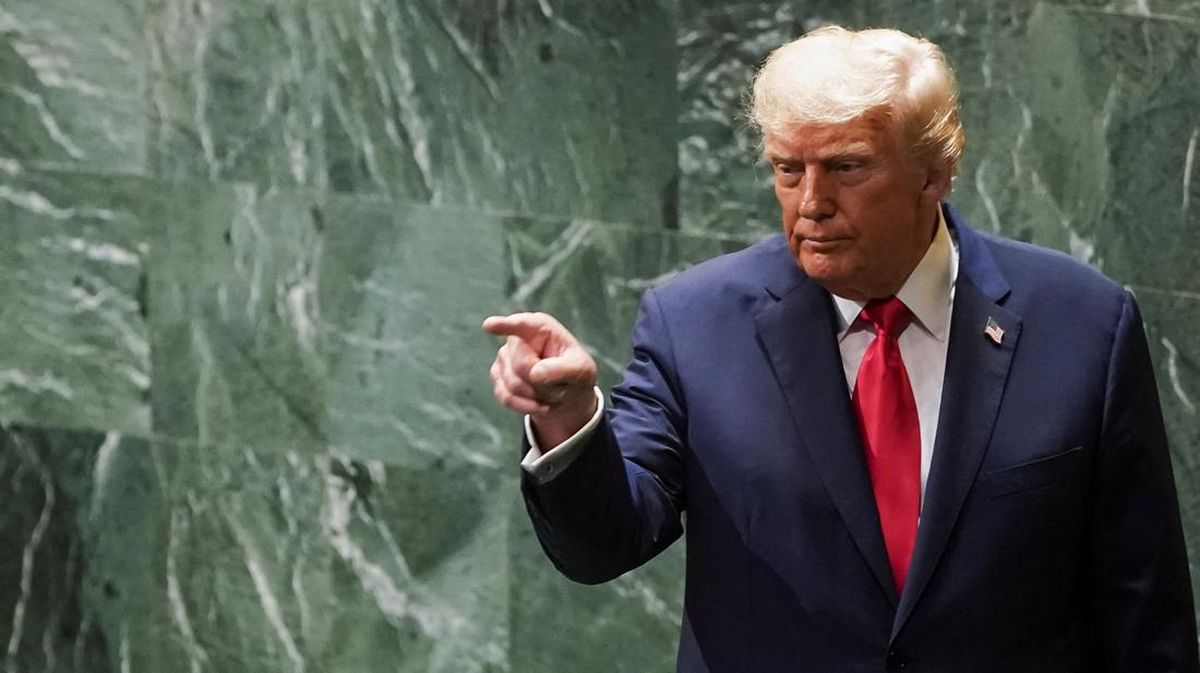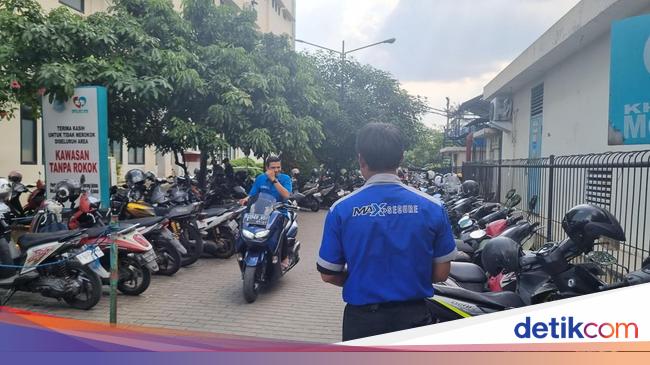
MUSIC
No Secrets
Graham ‘Buzz’ Bidstrup
Harper Collins, $35.99
Teenaged me would have killed to get backstage at an Angels gig. This was the band that upended my world. Behind that curtain of blinding, deafening electricity and sometimes terrifying theatre was the secret, I was sure, to escaping the dull grey hamster wheel of working life.
No Secrets would have been a deflating read for that kid. Behind face-melting frontman Doc Neeson, ace drummer Graham ‘Buzz’ Bidstrup was part of a truly transcendent hard-rock dream machine. But offstage, he was the pragmatist counting the cost as carefully as he was keeping time.
As per his later years as producer, manager, agent, songwriter, hired gun and all-round mover-shaker, the Adelaide musician is more your clear-eyed chronicler than rock’n’roll dream-weaver in his “Oz-rock memoir of music and mayhem”.
The latter is here in measured doses: sneaky side-stage joints, a briefly troublesome cocaine habit, guarded tales of philandering bandmates, tour bus hilarity and backroom standoffs. But for reasons that become painfully clear, it’s the business of music, and how to make it pay, that dominates his tale.
The canny ’50s kid came of age among bona fide rock royalty. Bon Scott was a mate; Easybeats Harry Vanda and George Young were studio mentors. At 14, he met the Rolling Stones on their 1965 tour. “Keep practising, and I’m sure you’ll get there,” Charlie Watts told him.
But “modern music history is littered with [friends who] … end up as mortal enemies”, he reflects much later in a story that spans six decades and umpteen bands, not least GANGgajang, the Party Boys and Jimmy Barnes. “It can be ego-driven, but, more often than not, it’s because one or more people make most of the money.”

Bidstrup with the late Jimmy Little.Credit: Courtesy Buzz Bidstrup
It’s the reason he quit the Angels in ’81, having naively signed away his rights in a “pissed and stoned” haze years earlier. Things only got worse when the confusion of factions briefly reunited in 2001: an open wound to this day. In between, his trail of fleeting encounters and collaborations — Bowie and Talking Heads; Mondo Rock and Cold Chisel — is balanced by the merciless mathematics of recording and touring.
The GANGgajang chapters shift the tempo, as Bidstrup relishes hard-won creative control and his bond with fellow Angels alumnus Chris Bailey: one of the “tres amigos” he enshrines as guiding stars of his life. His portrait of Neeson is especially touching: admiration for his artistry, gratitude for his loyalty and subtle acknowledgment that charisma and darkness are often a package deal.
Loading
The third member of this sadly departed trinity — a terse “RIP” appears after some fellow traveller’s name on every second page — is the great Jimmy Little, whose late-career resurgence Bidstrup helped to orchestrate. Their work in outback community nutrition is a point of particular pride that puts the frantic majority of his pop life in proud perspective.
Where other memoirists seek confessional drama, Bidstrup’s working musician’s tale makes for a different kind of rock biography: the ecstasies of the stage, sure, but weighted with the realities of what keeps wheels turning — or grinding. It’s a portrait of a man less seduced by stardom than compelled by the mechanics of making music possible.
For the Angels fan in me, four paragraphs on recording Face To Face, one of the greatest Australian albums of all time, barely scratch the surface. But at least that fantasy can stay where it belongs, in the blinding white light where inspiration and catharsis collided to throw me clear of that tragic day job as a junior office clerk.
Meanwhile, for the grown-up reader or the fledgling modern musician, No Secrets is a colourful and candid account of what goes on when the amps stop humming.
The Booklist is a weekly newsletter for book lovers from Jason Steger. Get it delivered every Friday.
Most Viewed in Culture
Loading






